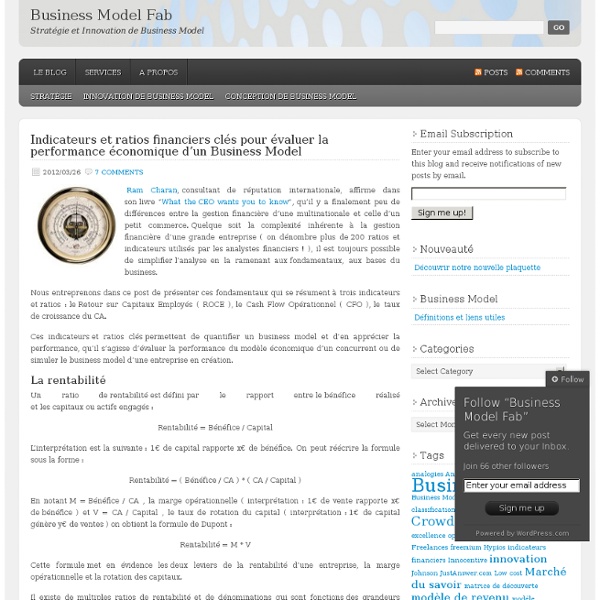



Wikipedia CI Competitive intelligence essentially means understanding and learning what's happening in the world outside your business so you can be as competitive as possible. It means learning as much as possible—as soon as possible—about your industry in general, your competitors, or even your county's particular zoning rules. In short, it empowers you to anticipate and face challenges head on.[1] Key points of this definition: Competitive intelligence is an ethical and legal business practice, as opposed to industrial espionage, which is illegal. A more focused definition of CI regards it as the organizational function responsible for the early identification of risks and opportunities in the market before they become obvious. Historic development[edit] Accepting the importance of competitive intelligence, major multinational corporations, such as ExxonMobil, Procter & Gamble, and Johnson and Johnson, have created formal CI units. Product – what are people selling? Recent trends[edit] Ethics[edit]
What Is Competitive Intelligence? Established in 1996, Cipher Systems is a strategic and competitive intelligence consulting firm that supports decision makers across industries and around the world. Cipher specializes in hard-to-answer custom strategic research questions, and can deliver the information you need to make better business decisions. Our analysts specialize in difficult-to-collect primary research and in-depth secondary support and analysis. Supported by our own technology team, we create customized solutions that provide a blend of technology and research expertise to ably address your most difficult intelligence needs. Cipher is based outside of Washington, DC in Annapolis, MD, with offices in San Diego, CA, Sao Paulo, Brazil and Zug, Switzerland. Competitive Intelligence Consulting and Custom Strategic Research. Competitive Intelligence Software. Begin a Conversation with Cipher
Inteligencia colectiva La inteligencia colectiva es una forma de inteligencia que surge de la colaboración y concurso de muchos individuos o seres vivos de una misma especie. Hoy es un término generalizado de la cibercultura o la sociedad del conocimiento. Aparece en una amplia variedad de formas de toma de decisiones consensuada en bacterias, animales, seres humanos y computadoras. Kropotkin es un referente temprano en su obra El apoyo mutuo, al referirse a la inteligencia colectiva de pequeños animales e insectos como abejas u hormigas. Pero el estudio de la inteligencia colectiva puede ser considerado más destacadamente dentro del subcampo de la Sociología, de las ciencias de la computación y del comportamiento de masas, un campo que estudia el comportamiento colectivo desde el nivel de quarks hasta el nivel de las bacterias, plantas, animales y sociedades humanas. Conceptos generales[editar] Historia[editar] En la Web 2.0[editar] Véase también[editar] Referencias[editar] Bibliografía[editar] Sun, Ron, (2006).